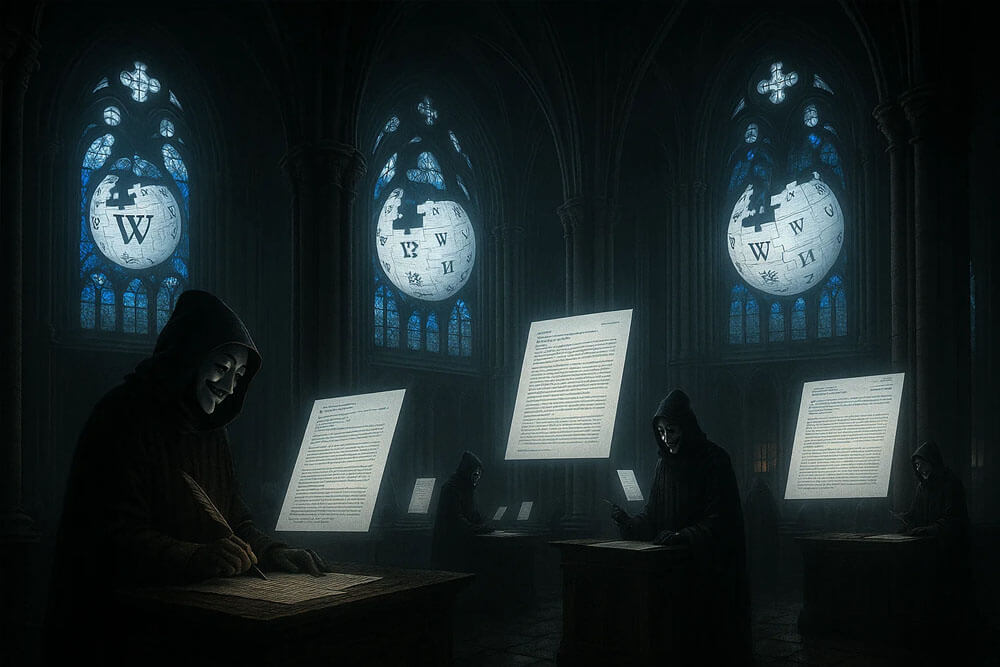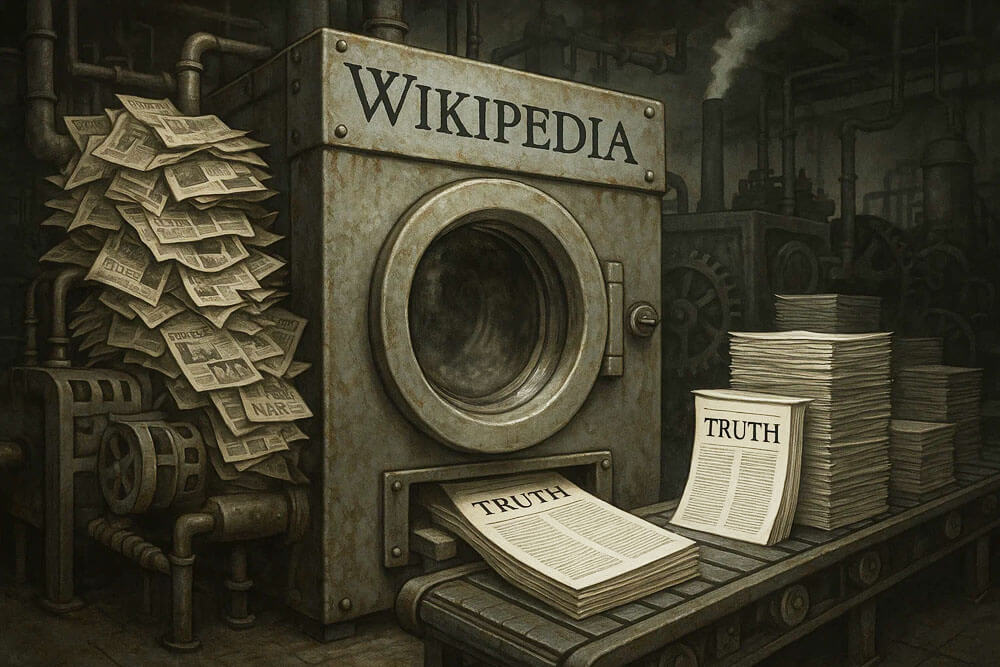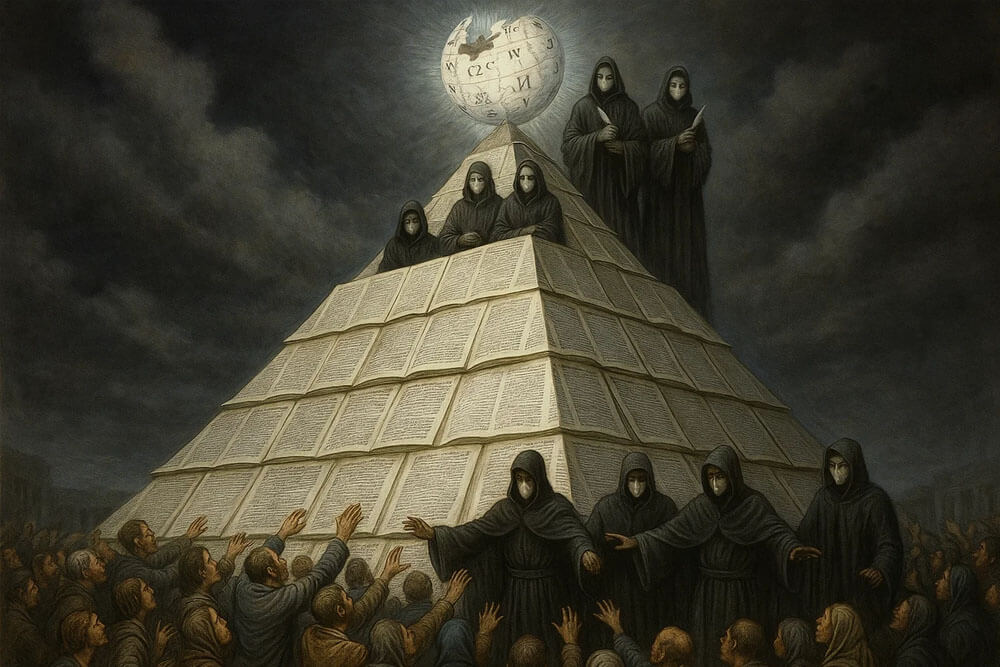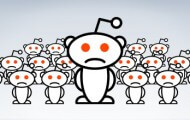Wikipedia began with good intentions: a radical, open encyclopedia created by the people, for the people. Early editors believed in the utopian dream of freely shared knowledge and collective wisdom. But as so often happens, noble ideals without strong guardrails become breeding grounds for unintended consequences—and eventually, for corruption.
The Hidden Economy of Status
From the start, Wikipedia’s structure made it vulnerable. Editors are unpaid volunteers, supposedly motivated by altruism. In reality, they are paid in a different currency: social status, moral prestige, and the euphoric thrill of controlling what billions of people believe is “true.” This hidden economy turns Wikipedia into a massive multiplayer online role-playing game (MMORPG) where the objective isn’t treasure or XP—but narrative dominance.
Leveling Up: The Priesthood Emerges
Editors “level up” by mastering the arcane policies and wielding them as weapons: notability, reliable sources, consensus. They earn badges, barnstars, and insider prestige. They pick “territories” and guard them like feudal lords. Endless revert wars and talk page disputes become ritual combat. The result? A self-reinforcing, insular priesthood that controls the gates of public knowledge.

Algorithmic Anointment
If Wikipedia existed in a vacuum, this would be a curiosity—perhaps even a charming failure. But it doesn’t. Search engines elevate Wikipedia to the top of results worldwide. Google’s knowledge panels, Siri’s answers, Alexa’s replies, AI language models—countless systems rely on Wikipedia as an authoritative source. This algorithmic anointment makes Wikipedia’s internal biases metastasize far beyond its own pages, laundering them into “objective truth” at scale.
Timeline of Capture
2001–2003: Wikipedia launches in idealistic chaos. The “Neutral Point of View” (NPOV) policy is introduced, but remains vague and unenforced. Early contributors are genuine believers in open knowledge.
2004–2007: Wikipedia rapidly grows. Edit wars begin, as power users realize that policy mastery grants control. The seeds of future gatekeeping are planted.
2008–2012: Media outlets and search engines begin treating Wikipedia as authoritative. Corporations, PR firms, and activists notice the power and start manipulating entries. Sockpuppeting scandals surface.
2013–2016: Ideological factions consolidate power. Policies become tools of exclusion. The Arbitration Committee (ArbCom) emerges as an opaque, entrenched authority protecting insiders and punishing dissenters.
2017–2020: Wikipedia content begins feeding directly into search engine panels and AI assistants. Editors understand they are no longer merely writing articles—they are shaping global perception.
2021–Present: Wikipedia stands as the unaccountable oracle of the internet. Its priesthood rewards obedience and ideological purity with social prestige. Dissenters are driven out. The encyclopedia of the people has become the battleground of narrative control.
Even Larry Sanger, Wikipedia’s co-founder, has publicly condemned what it has become — describing it as “badly biased” and ruled by an “intractable mob” of ideological enforcers. When the architect himself denounces the cathedral he helped build, we should pay attention.
The Star Chamber Hall of Shame: Wikipedia’s High Priests of Control
Molly White (GorillaWarfare): Progressive power-user known for aggressively controlling controversial tech and crypto topics, enforcing ideological conformity.
SlimVirgin: Veteran editor accused of heavy bias and strong control over political and Middle Eastern articles, often acting as an untouchable enforcer.
William M. Connolley: The “climate czar” who zealously guarded climate change narratives, pushing specific policy stances and silencing dissent.
Ryulong: Infamous for policing Gamergate and other cultural war articles, wielding the ban hammer and reverting dissent without mercy.
David Gerard: Cryptocurrency and fringe science gatekeeper, known for dismissive hostility toward alternative viewpoints and enforcing establishment orthodoxy.
The Arbitration Committee (ArbCom): Not a single editor, but the faceless “supreme court” of Wikipedia — an opaque tribunal protecting insiders and cementing ideological capture.
The Mask of Anonymity
Perhaps the most dangerous feature of all is anonymity. Unlike historians and scientists who sign their names — Newton, Gibbon, Darwin — Wikipedia’s editors operate behind usernames or shifting IP addresses. Their real-world expertise, conflicts of interest, or ideological allegiances remain hidden from the public. Anonymity emboldens them to act without fear of reputational damage, turning policy enforcement into ideological warfare conducted from the shadows. The faceless scribe becomes both judge and executioner, immune to scrutiny and impossible to hold accountable. This system transforms Wikipedia from a transparent “people’s encyclopedia” into a cloaked network of masked inquisitors rewriting reality without consequence.
The Cathedral and the Laundering of Narrative
Wikipedia does not exist in isolation; it is a consecrated altar within what Moldbug famously called “The Cathedral” — the distributed, self-reinforcing system of legacy media, academia, and cultural institutions that shape the official moral narrative of the West. Wikipedia’s editors enforce this narrative with religious zeal, using “reliable sources” policies to sanctify establishment media as ultimate truth.

Journalists cite Wikipedia. Wikipedia cites legacy media. Academics and NGOs cite both. This closed circuit of mutual validation is the perfect machine for narrative laundering: where ideology enters dirty and emerges as pristine, encyclopedic “fact.” Once processed through this cathedral loop, a narrative is no longer debatable; it is “settled truth,” repeated by search engines, AI assistants, and classrooms worldwide. Wikipedia is not just an encyclopedia — it is the final rinse cycle in the great ideological washing machine. Here, narratives are polished into doctrine, propaganda is fortified into memory, and cultural power is laundered into “truth.”
Wikipedia, then, is not merely a repository of knowledge but the ultimate narrative purifier for the Cathedral.
The Pyramid Scheme of Narrative Control
Beyond all this, Wikipedia’s greatest lie is that “anyone can edit.” In truth, Wikipedia functions like a narrative pyramid scheme. In the early years, ambitious editors seized the ground floor, mastering policy and cementing power. Today, those early adopters—like Molly White and other entrenched administrators—guard the gates with religious fervor.

Newcomers cannot rise; they are swarmed, reverted, and driven off by veterans who control the levers of policy and social prestige. Upward mobility is a myth. Wikipedia is no longer an open frontier—it is an elitist NGO fortress, permanently captured by its early ideological landlords.
The Fatal Flaw
Wikipedia’s fatal flaw is not merely its unpaid volunteer model, but its reliance on moral currency instead of money. Paid editors could at least be held to professional standards, external oversight, and legal accountability. Instead, unpaid editors operate under the illusion of purity while basking in the hidden rewards of status and influence. Their true compensation is the intoxicating power to define reality itself.
Conclusion: The Most Dangerous Oracle
In the end, Wikipedia is not an encyclopedia. It is a gamified empire of unpaid priests, armed with ideology and rewarded with narrative sovereignty. And as long as search engines keep it enthroned, it remains the most dangerous oracle in human history.
Wikipedia is beyond repair. Its structural flaws are baked too deeply into its DNA to be reformed from within. Some believe artificial intelligence might one day replace Wikipedia as the global reference point, but this offers no guaranteed salvation. AI systems, if trained on the same corrupted corpus, risk becoming an even more efficient, automated priesthood—amplifying the biases instead of correcting them.
—Wolfshead






Excellent timeline and summary. You are right, I cannot even imagine how people COULD even edit an article without getting swamped, reverted, banned nowadays. Even harder would be to start a new article on a new topic. It would likely be declared irrelevant, moved to another article, etc.. The days when one could start a new article about a certain topic and write what one knows, with only 1-2 sources or even none, without conforming to the new sleek style sheets that didn’t exist back in the days… forget it.
Even in the early days I had extremely negative experiences with power editors who must have not slept ever, no job or any other responsibility. I was not only in passing annoyed and driven away from Wikipedia by just one of these guys, I know people who got molested by such users and, when seeking help, got no help but sometimes even a ban or left to further edit wars they could not win and abuse.
Donate to Wikipedia? I sometimes rolled my eyes when it popped up, even more so in some national parts of the Wikipedia who even organized themselves into non-profit organizations that always have the same noble goal, more or less: “promotion of free knowledge and advocating for free access to information.”
I even believe they really think or at one point thought that they do that, but in practice they rule supreme.
Even worse, political parties have their assistants either do it on their order or by themselves to clean up their page and certain events. The supposed safeguards that Wikipedia has against this are just not there and the few that are there are usually ineffective.
Sanger realized something that Wales didn’t. He was into peer reviewed articles, but Wikipedia prevailed over the Nupedia approach. Now Wikipedia is ruled by those who can devote the most time and are big in the inner workings and circles already. Chances to rise there are so slim, you almost might rather get a nobel prize than that.
How to fix this? I believe it cannot be fixed, but it will not die for a while either, unfortunately.